Why AlphaFold 3 Needs to Be Open Source
The powerful AI-driven software from DeepMind was released without making its code openly available to scientists.
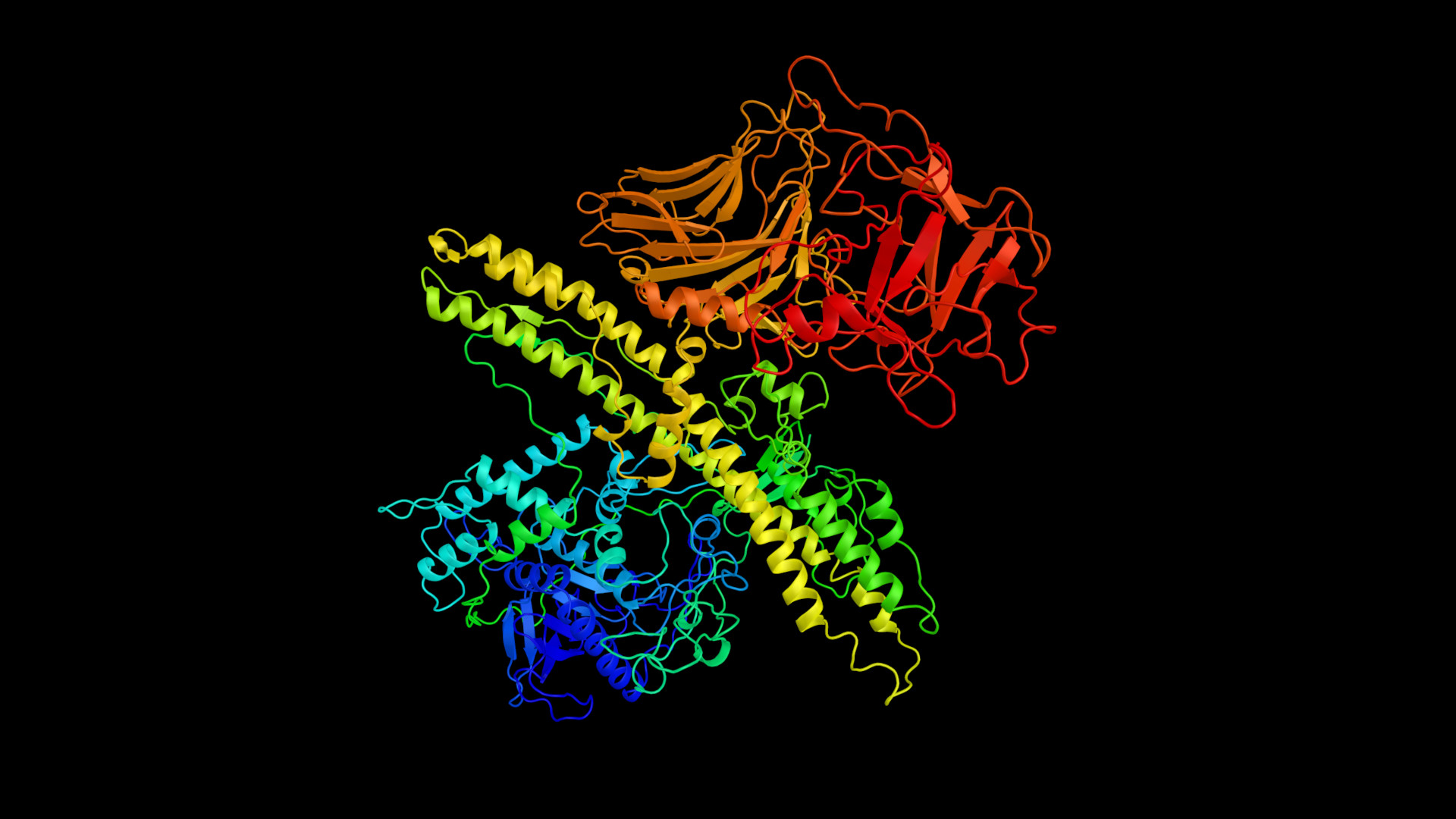
Send us a link
The powerful AI-driven software from DeepMind was released without making its code openly available to scientists.

Major platforms such as the Web of Science, widely used to generate metrics and evaluate researchers, are proprietary. More than 30 research and funding organizations call for the community to commit to platforms that instead are free for all, more transparent about their methods, and without restrictions about how the data can be used.
eLife and Coko will continue working together on new systems and approaches to research communication.
The BMBF project OPTIMETA aims to strengthen the Open Access publishing system by connecting open citations and spatiotemporal metadata from open access journals with openly accessible data sources.
As COVID-19 forced professors to embrace digital texts, they were likelier to know about free, openly licensed materials - but not to use them.
There is no clear-cut boundary between Free and Open Source Software and Open Scholarship, and the histories, practices, and fundamental principles between the two remain complex. In this study, we critically appraise the intersections and differences between the two movements.
Abstract: There are many reasons why open source projects have difficulty attracting contributors. Current academic incentive structures are some of the strongest. Wanting to maintain a competitive advantage, too great a focus on novelty when publishing papers, and too little credit given to writing documentation and tutorials, all encourage researchers to reinvent the wheel in a closed team. Although I will discuss these barriers, my talk will focus on some challenges that are much easier to overcome. Not knowing where to start. "Imposter syndrome" and the various intersecting biases that accompany (and often underpin) it. Being unsure as to whether a project even wants any contributions. These can all be addressed with 10 simple rules. From laying out your welcome mat, through setting explicit expectations, to the graceful death of your project, these steps will will help you build and run an open and inclusive community-driven project online. (Breaking down capitalism may have to wait for another day.) Bio: Kirstie Whitaker is a research fellow at the Alan Turing Institute (London, UK) and senior research associate in the Department of Psychiatry at the University of Cambridge. Her work covers a broad range of interests and methods, but the driving principle is to improve the lives of neurodivergent people and people with mental health conditions. Dr Whitaker uses magnetic resonance imaging to study child and adolescent brain development and participatory citizen science to educate non-autistic people about how they can better support autistic friends and colleagues. She is the lead developer of "The Turing Way", an openly developed educational resource to enable more reproducible data science. Kirstie is a passionate advocate for making science "open for all" by promoting equity and inclusion for people from diverse backgrounds, and by changing the academic incentive structure to reward collaborative working. She is the chair of the Turing Institute's Ethics Advisory Group, a Fulbright scholarship alumna and was a 2016/17 Mozilla Fellow for Science. Kirstie was named, with her collaborator Petra Vertes, as a 2016 Global Thinker by Foreign Policy magazine. You can find more information at her lab website: whitakerlab.github.io.
A Landscape Analysis of Open Source Publishing Tools and Platforms catalogs and analyzes all available open-source software for publishing and warns that open publishing must grapple with the dual challenges of siloed development and organization of the community-owned ecosystem
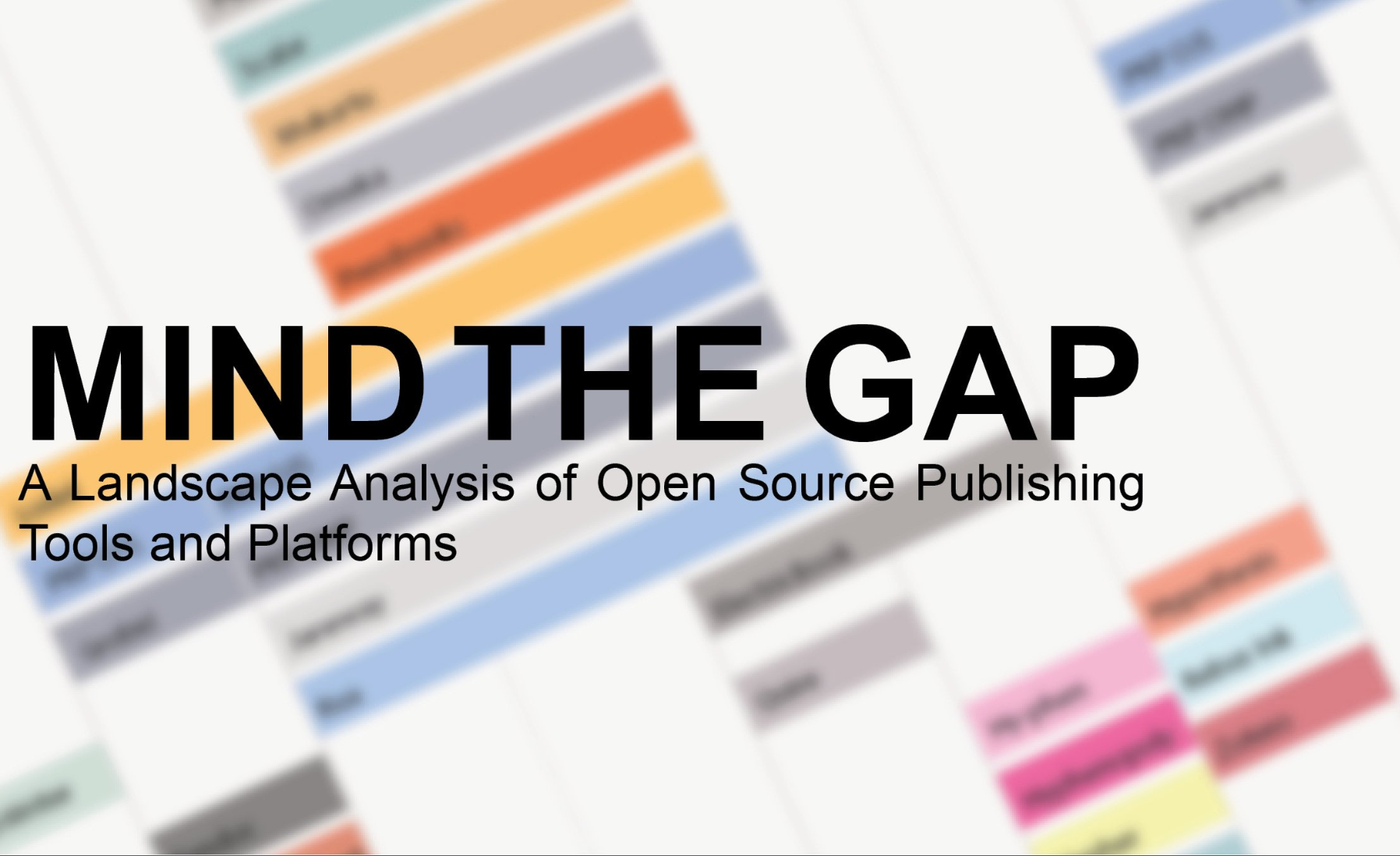
A new research report provides an inventory of some 52 ongoing open source publishing initiatives and a thoughtful analysis of the open source community in publishing.
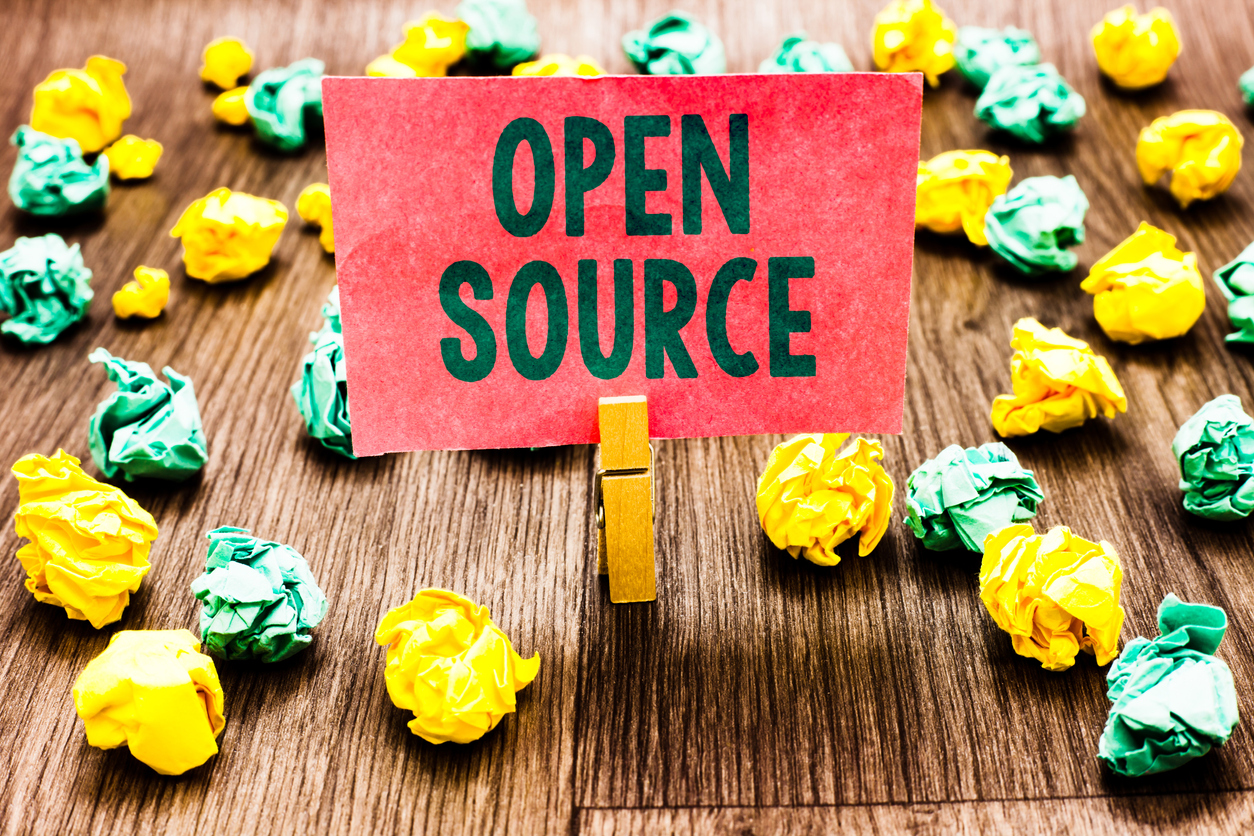
Collaboration brings together leading platforms for data and software sharing.
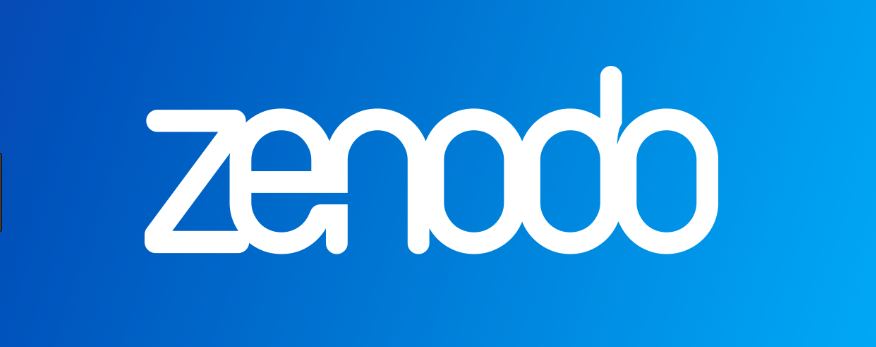
The Microsoft Alternatives project (MAlt) started a year ago to mitigate anticipated software license fee increases.
Releasing lab-built open source software often involves a mountain of unforeseen work for the developers.
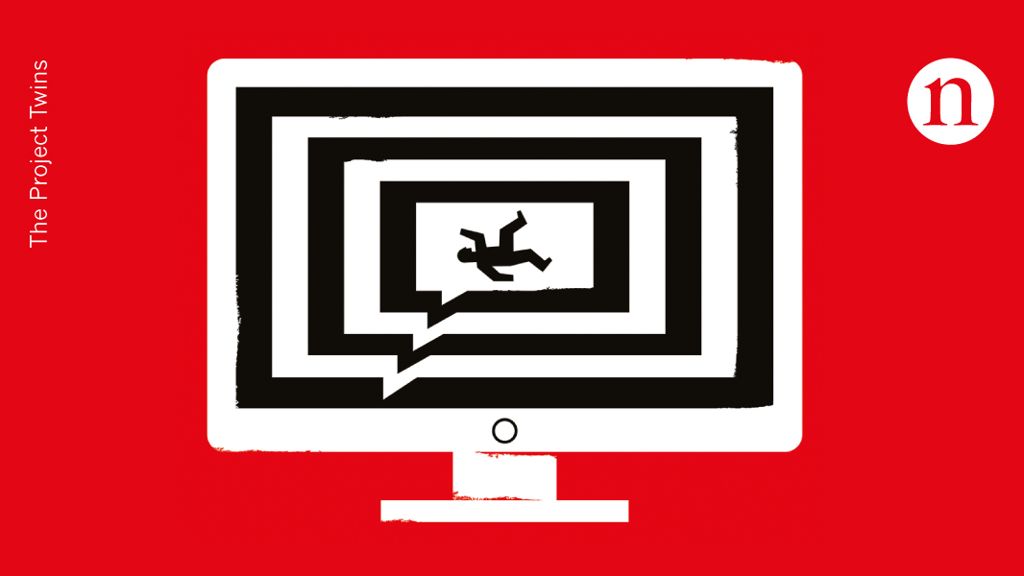
CERN has launched an ambitious drive towards open source software after Microsoft revoked its academic discount and introduced a new contract which was set to lead to a tenfold increase in licensing costs.

The Chan Zuckerberg Initiative will soon invite applications for open source software projects that are essential to biomedical research. Applicants can request funding between $50k and $250k for one year.
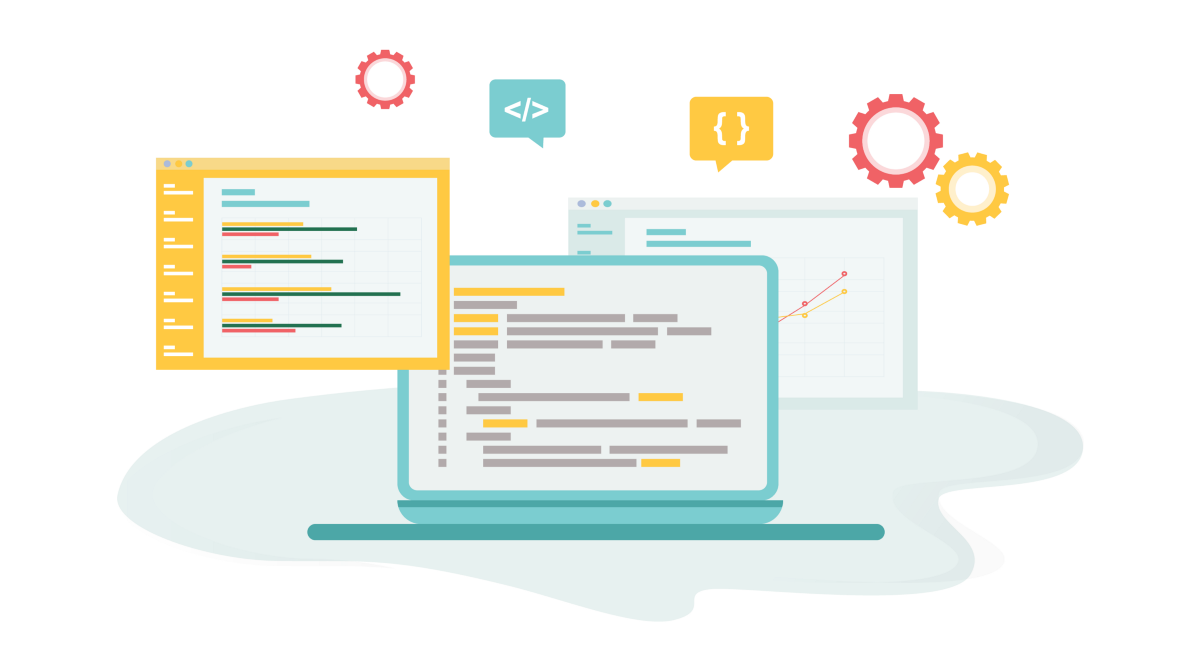
Open-source software is largely developed by active scientists, yet university hierarchies and national funding bodies generally do not recognise code as valuable output.
Collaborating on the development of Texture brings eLife a step closer to its open-source, end-to-end publisher workflow.
In her Crossref LIVE18 Keynote speech this week, Coko's Kristen Ratan questioned the sense of the industry's continuing resignation to being locked in to costly, print-based, outdated workflows and technologies (some of which are now owned by competitor publishers). "Publishers are mired in print p
